Balanda Clinic
Balanda Clinic, nestled within the Bubi Rural District Council of Zimbabwe, stands as a crucial healthcare provider for its surrounding community. While specific details about Balanda Clinic's individual services and impact are limited in the provided search results, we can paint a broader picture of its role by considering the context of healthcare within the Bubi district and the challenges and support systems prevalent in rural Zimbabwe, particularly concerning maternal health.
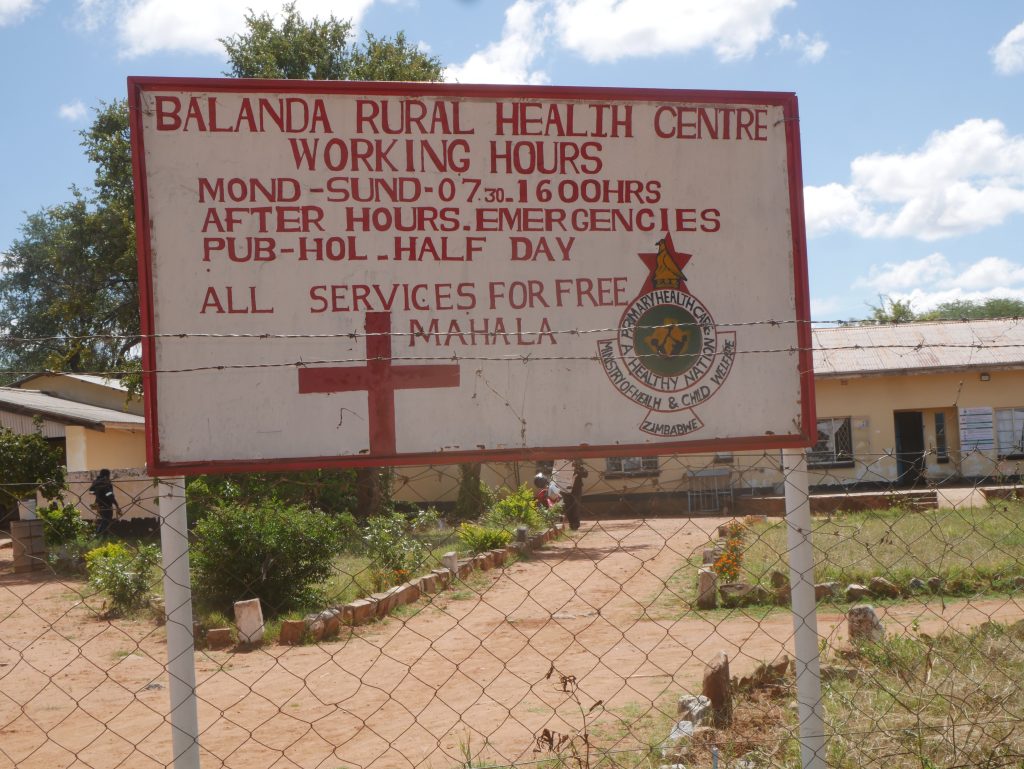
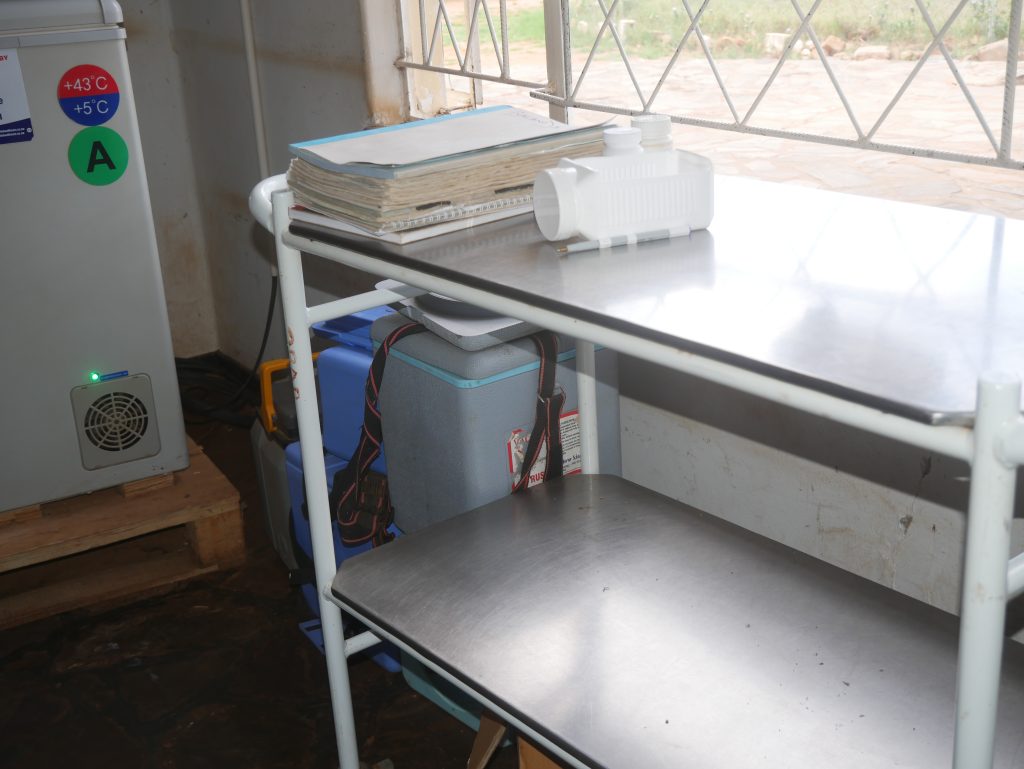
Bubi Rural District Council oversees several clinics, including Balanda, as part of its mandate to provide essential services to the population. These clinics are vital in offering primary healthcare, which includes the provision of medication for common ailments and, significantly, assistance to women during labour. For many in rural areas, these clinics are the first and often only point of contact for medical care, making their accessibility and quality of service paramount.
Medication and Primary Healthcare:
Balanda Clinic likely provides essential medications for prevalent health issues in the community. Rural Zimbabwe faces challenges such as communicable diseases, and access to consistent and adequate drug supplies is a significant hurdle. Factors like inconsistent deliveries, shortages of specific drugs, and the long distances patients must travel to reach the clinic can severely impact the effectiveness of treatment. The economic situation in Zimbabwe further exacerbates these issues, sometimes leading to a lack of necessary medical supplies and equipment in public health facilities.
Assisting Women in Labour:
A critical function of rural clinics like Balanda is to assist women in labour. In many rural communities, giving birth at home without skilled medical assistance poses significant risks to both mother and child. Cultural practices, coupled with the distance to health facilities and the cost of transport, can contribute to this. The establishment and effective operation of labour wards in clinics are therefore life-saving interventions.
However, providing adequate maternal care in rural settings is fraught with challenges. These include:
- Distance and Accessibility: Women may have to travel long distances, sometimes in difficult conditions, to reach the clinic. This can lead to delays in receiving critical care during labour.
- Infrastructure: Poor road conditions and a lack of reliable transportation further compound the issue of accessibility, especially during emergencies.
- Resources: Clinics may face shortages of essential medical supplies, equipment, and even adequately trained staff to handle obstetric emergencies.
- Cultural Factors: Traditional beliefs and practices surrounding childbirth can sometimes influence a woman's decision to seek timely medical assistance.
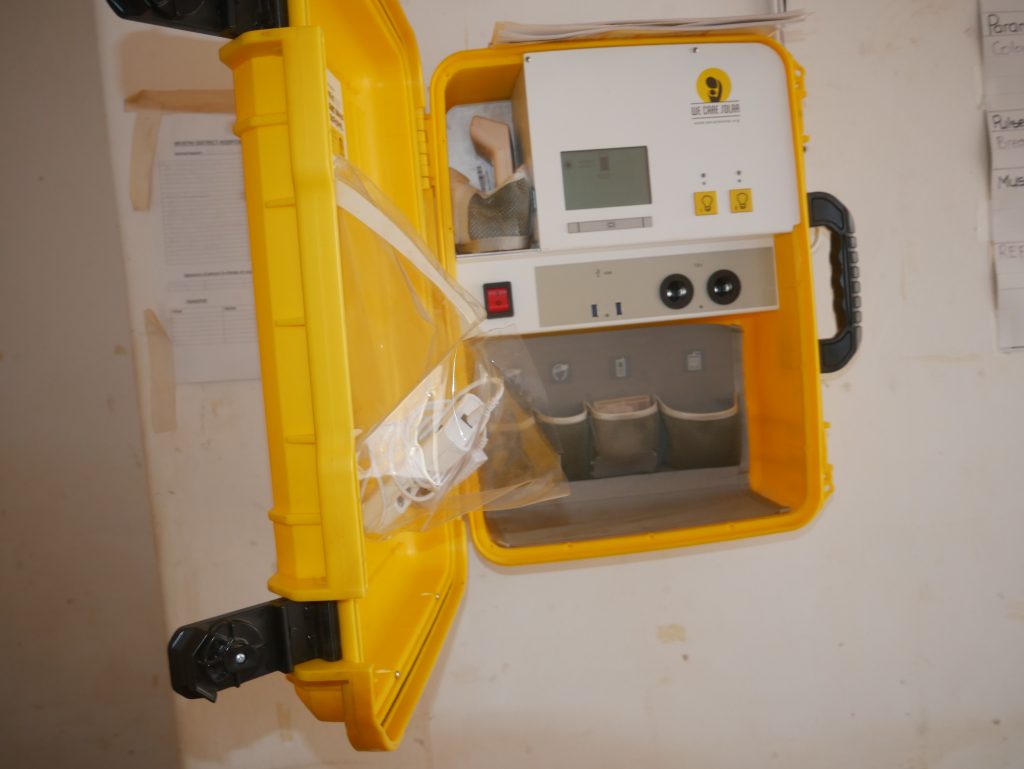
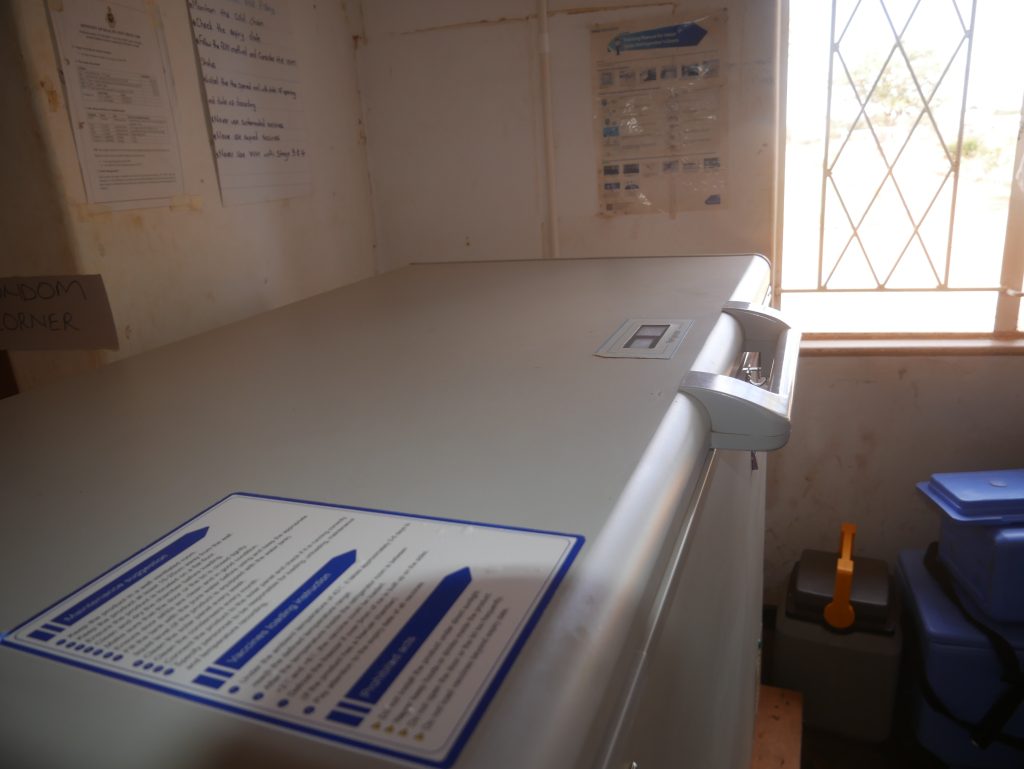
Despite these challenges, there are ongoing efforts to improve maternal healthcare in rural Zimbabwe. Initiatives such as the Health Sector Development Project have aimed to enhance access to quality reproductive, maternal, newborn, and child health services through results-based financing. These programs often involve training village health workers to improve service demand and coverage and sometimes include voucher programs to support women in accessing antenatal care and safe deliveries.
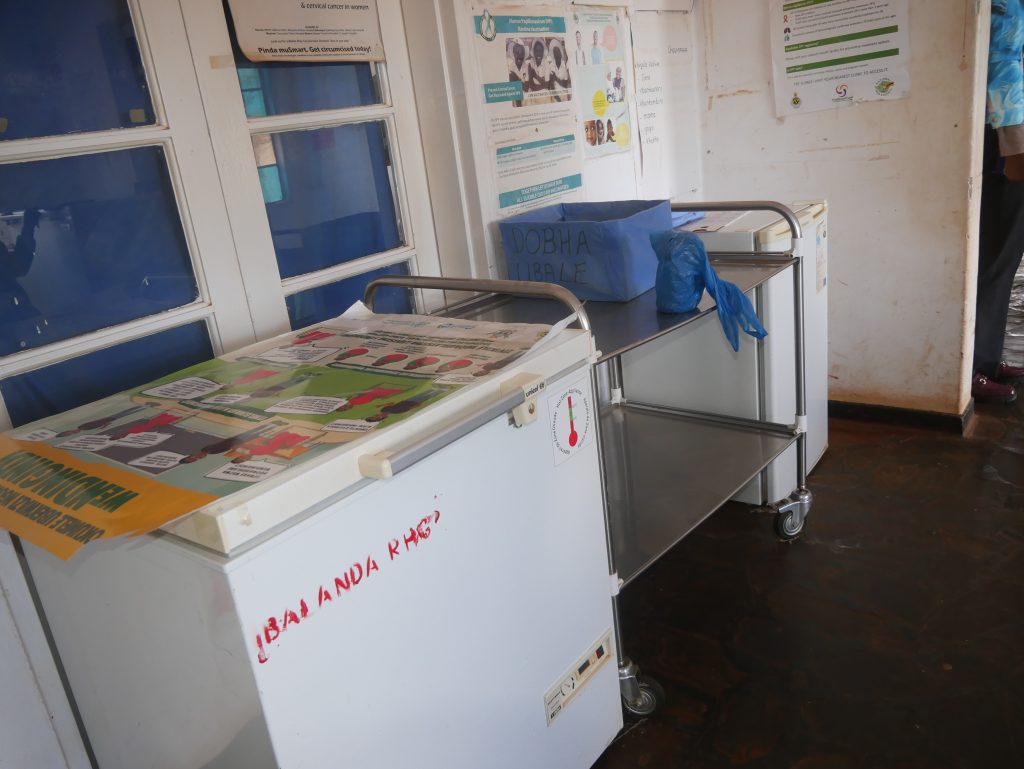
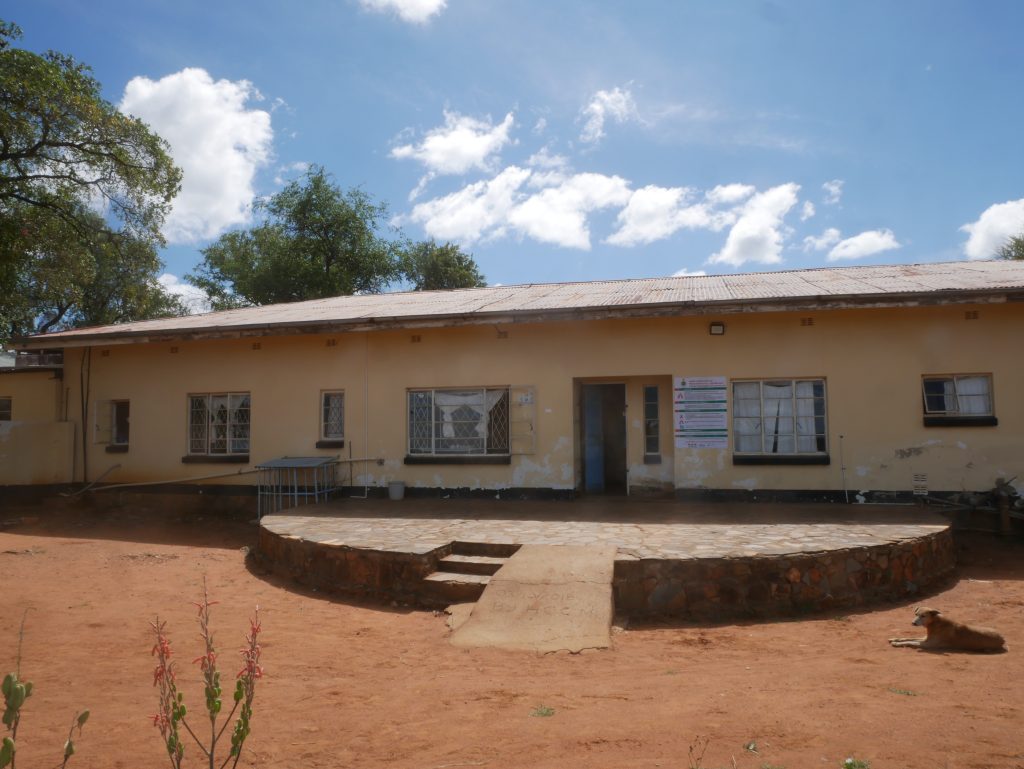
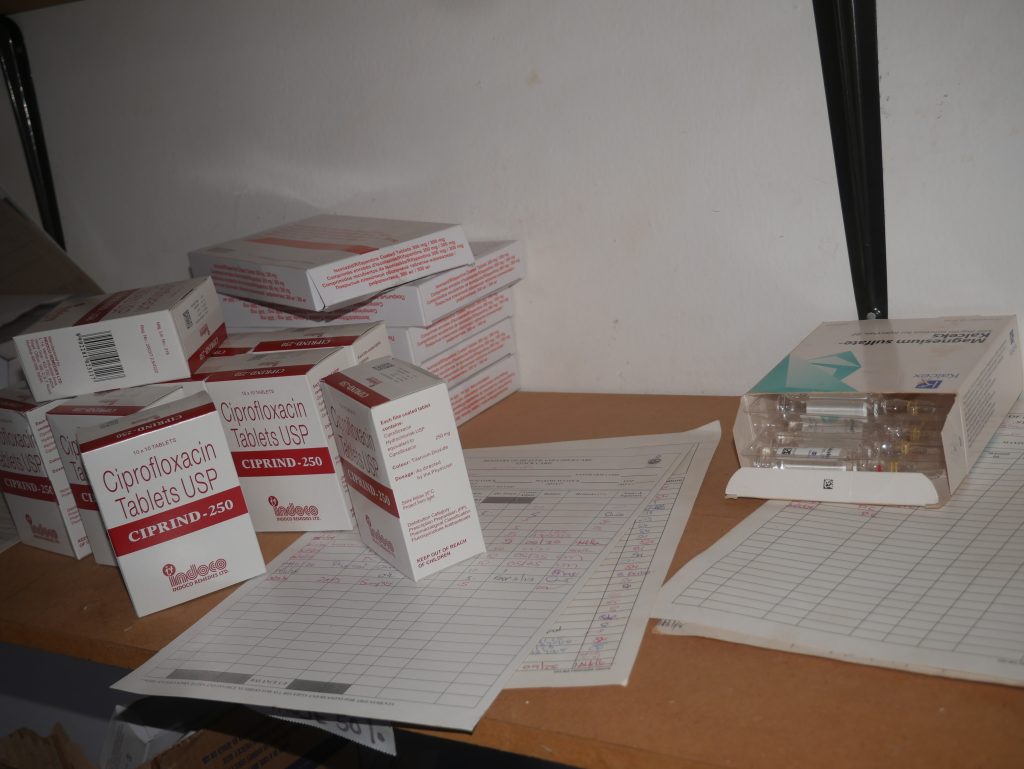
Despite these challenges, there are ongoing efforts to improve maternal healthcare in rural Zimbabwe. Initiatives such as the Health Sector Development Project have aimed to enhance access to quality reproductive, maternal, newborn, and child health services through results-based financing. These programs often involve training village health workers to improve service demand and coverage and sometimes include voucher programs to support women in accessing antenatal care and safe deliveries.
Maternity waiting homes, often simple shelters near clinics, have also proven to be a vital intervention. These allow pregnant women, especially those in the late stages of pregnancy or those with higher risks, to stay close to the health facility in the weeks leading up to their expected delivery. This significantly reduces the risk of complications arising from long distances and delays during labour.


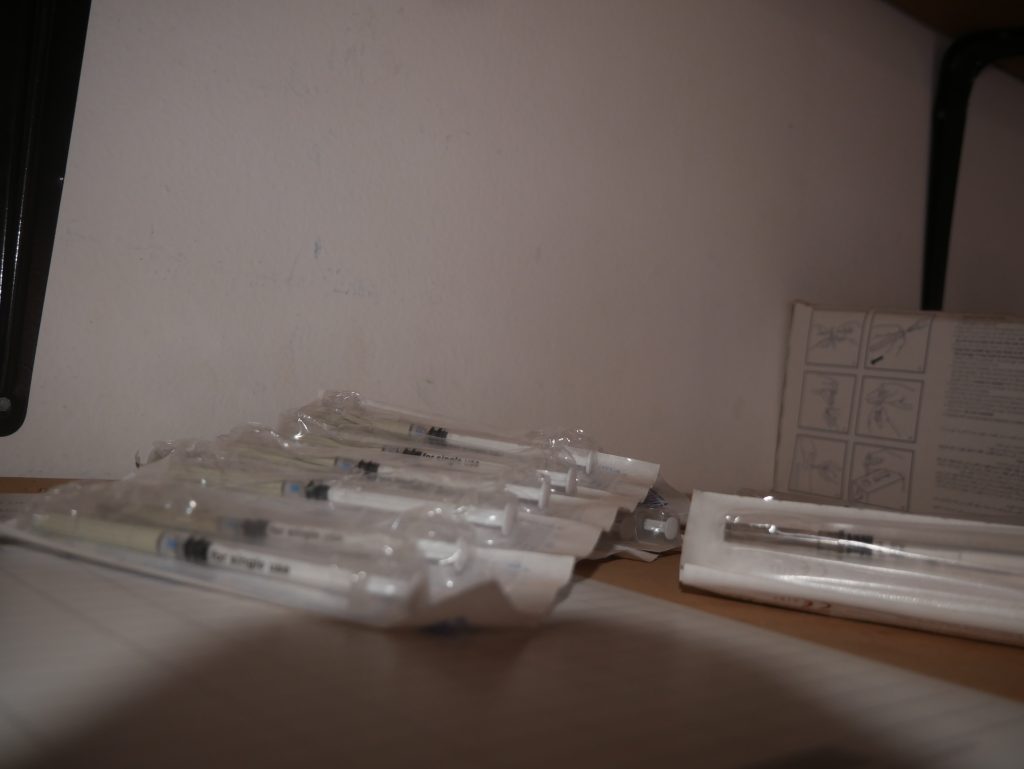
The Bubi Rural District Council, like other local authorities, has been working to improve healthcare infrastructure, including clinics, to reduce the distances communities have to travel for services. Devolution funds have also played a role in enabling the construction and upgrading of health facilities in rural areas.
In conclusion, while specific details about Balanda Clinic's capacity and services require more localized information, its role within the Bubi Rural District Council is undoubtedly essential in providing medication and assisting women in labour. These clinics are a lifeline for communities facing significant geographical and economic barriers to healthcare. Ongoing efforts to strengthen rural healthcare systems, improve infrastructure, and enhance maternal health services are crucial in ensuring the well-being of the population in Bubi and other rural districts across Zimbabwe.
